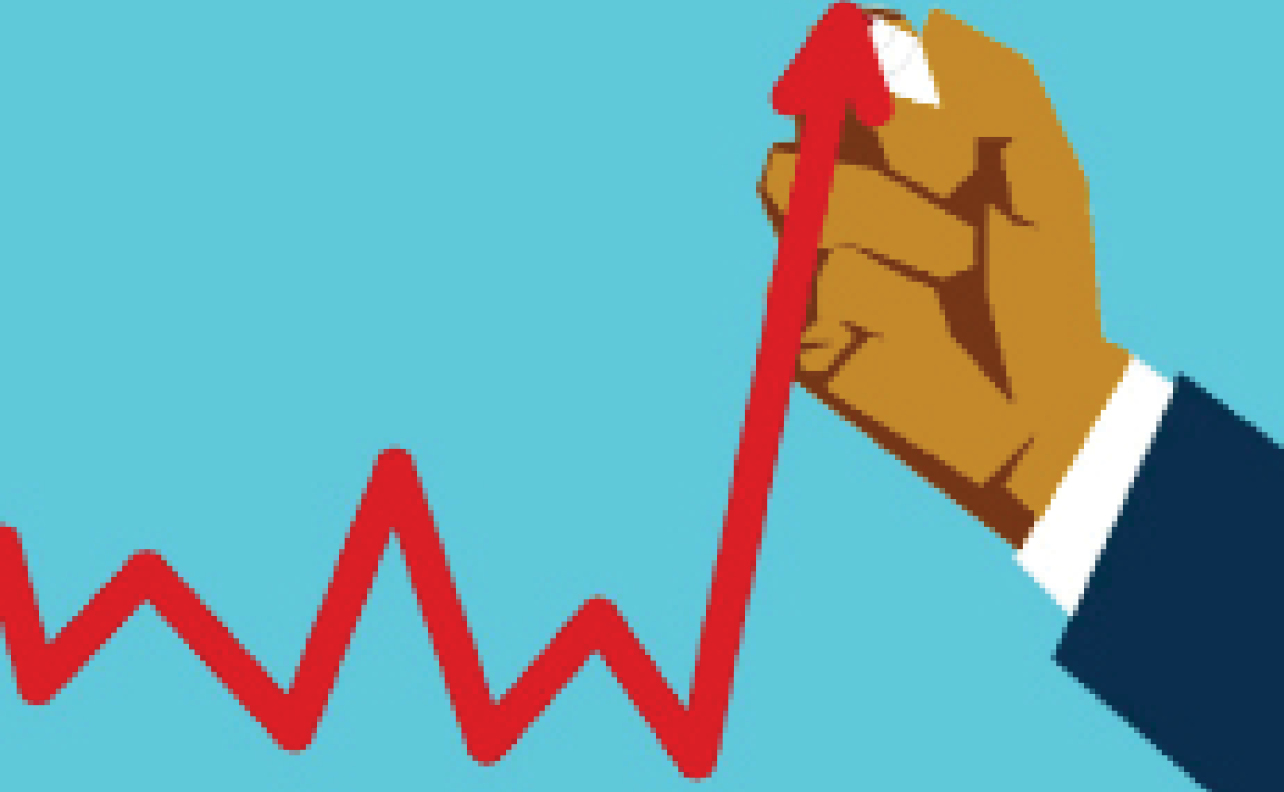In simple economic terms, inflation refers to “a general increase in the prices of commodities’. For several decades, inflation in Nigeria has most often been linked to increase in the pump price of petroleum products especially premium motor spirit. However, the current inflation rate in the country is redefining the traditional pattern that many Nigerians used to know of it because the pump price of petrol has not been increased in recent times. The efforts by this writer to provide explanations for the current 2-digit inflation rate in the country, which only dropped to 17.75 from 17.93 percent as provided by the National Bureau of Statistics, failed to yield any results. Well, that should not be too surprising because analyzing or clarifying the prevailing macroclimate of inflation in the country requires a deep knowledge economics, which is missing in this writer. Nigerians would be glad to listen to the Statistician-General of the Federation on this matter.
Although a surge in the demand for a particular product could give rise to inflation as consumers would be willing to pay more for the product, this does not seem to be the case with the present inflation rate Nigeria as it extends over almost all commodities. When the amount of money in circulation increases rapidly, the value of the currency often decreases. But nobody including the Governor of the Central Bank of Nigeria (CBN) has told Nigerians about any impromptu printing and uncontrolled circulation of the naira. It is also said that increased supply of money into circulation usually leads to increase in the price of goods and services. Could devaluation of the naira be the factor at work? But even if the naira had been devalued as to exchange at over N500 for one American dollar, how for example, did that affect the cost of sachet water which now costs N250 per a pack of 20 sachets? So many thoughts are crossing my mind.
- S’East PDP nominates Anyanwu as consensus candidate for National Secretary
- Senate queries Budget Office over N151.3bn extra-budgetary spending
It would sound normal to a layman when the high cost of vehicle spare parts and other imported goods is linked to naira devaluation. But one finds it difficult to understand how naira devaluation (or exchange of naira to dollar as it is politely put) affects the price of maize or beans harvested from the farm and brought to the open market for sale. The naira seems to have lost so much value that the line, which separates between it and an ordinary paper has become thinner than ever imagined. Yes, it is a case of “too much money chasing too few goods” as people require more money in order to purchase the same quantity of an item or service. Nonetheless, it is highly disturbing that as much as 300 percent of the same amount is now required to pay for the same item or service. The current inflation rate is so staggering and incredible. Deliberate and tactical measures should be taken to protect and preserve the naira from further depreciation.
The present rate of inflation is affecting many Nigerians in different ways. While it could be anticipated, very few Nigerians expected the rate to be as high as they are currently experiencing. There is so much decline in the purchasing power of the naira, which is consequently impacting negatively on the standard of living of low-income Nigerians particularly workers and retirees. The quality of life of many Nigerians has depreciated. This hyperinflation is impeding many people from attending to many of their basic necessities of modern life. Some car owners are compelled to park their cars and ride in public transport. The worse hit by the current inflation regime is food and essential commodities.
The skyrocketing of the price of cooking gas in recent times is really incredible. A 12.5kg of cooking gas that used to sell for N3,600 now sells for N7,500. Media reports during the week further suggest that the same 12.5kg is likely to sell for N10,000 by December 2021. As it is now, so many households are abandoning the use of cooking gas for charcoal and this has devastating effects on our environment. While the widespread use of cooking gas by millions of families including residents of sub-urban communities has been slowing down deforestation, the current changeover to charcoal from gas will only accelerate it because an increase in the demands for charcoal is tantamount to an increase in the felling of trees from which charcoal is produced.
The price wood, which used to be a local alternative to gas among rural dwellers in spite of its degrading effect on the environment, is also now on the high side. Because of its cut-throat price, kerosene has continued to remain a “no-go” area in its use for domestic purposes including cooking. The inexplicable inflation regime in the gas subsector of petroleum products will actually worsen the threats already posed by climate change as it affects our physical environment. This is one reason for which government must take every necessary step to halt the ever-increasing price of cooking gas.
Based on the established market pattern in this part of Africa, prices of food items usually come down when new crops are being harvested. However, the current season of inflation in Nigeria appears to be defying this traditional economic theory. The harvest of new beans, for example, has failed to bring down the price of the crop in the market. While a medium-size measure (called “mudu” in Hausa) sells for N700, its old stock still sales at N800/mudu. At a time when the price of palm oil should be low, 25 liters of palm oil currently sells for N28,000 and N30,000. What then happens during winter when it is naturally not its production season? Why this hyperinflation, for Allah’s sake?
While we ask the Minister of Finance and the CBN Governor to consult with members of the presidential economic advisory committee to change the tide of the present inflation regime in the country, we urge government to open up its silos and bring out the excess grains it purchased from farmers during the last harvest season for sale to the public. Flooding the market with its reserve grains in order to check inflation is one of the objectives for which strategic grains silos were established across the country. Now is the time to bring out such grains. May Allah ease us out of the difficulties orchestrated by the current hyperinflation season in Nigeria, amin.

 Join Daily Trust WhatsApp Community For Quick Access To News and Happenings Around You.
Join Daily Trust WhatsApp Community For Quick Access To News and Happenings Around You.


